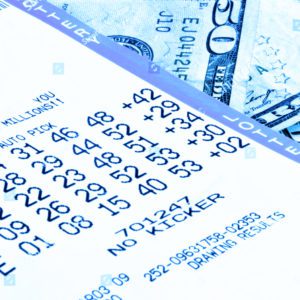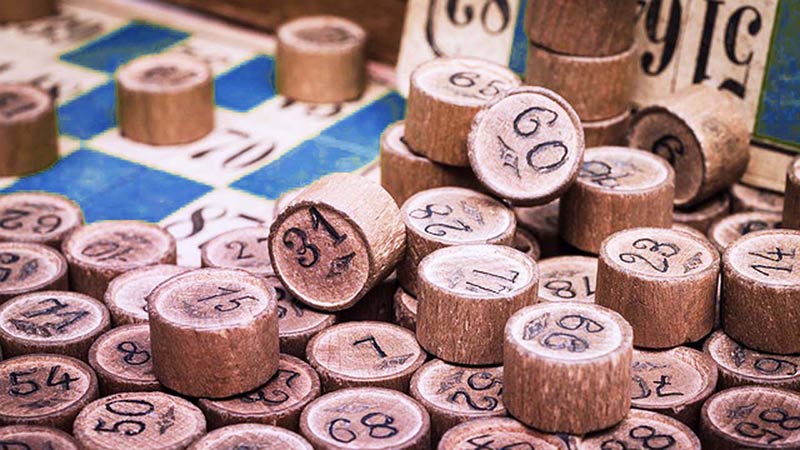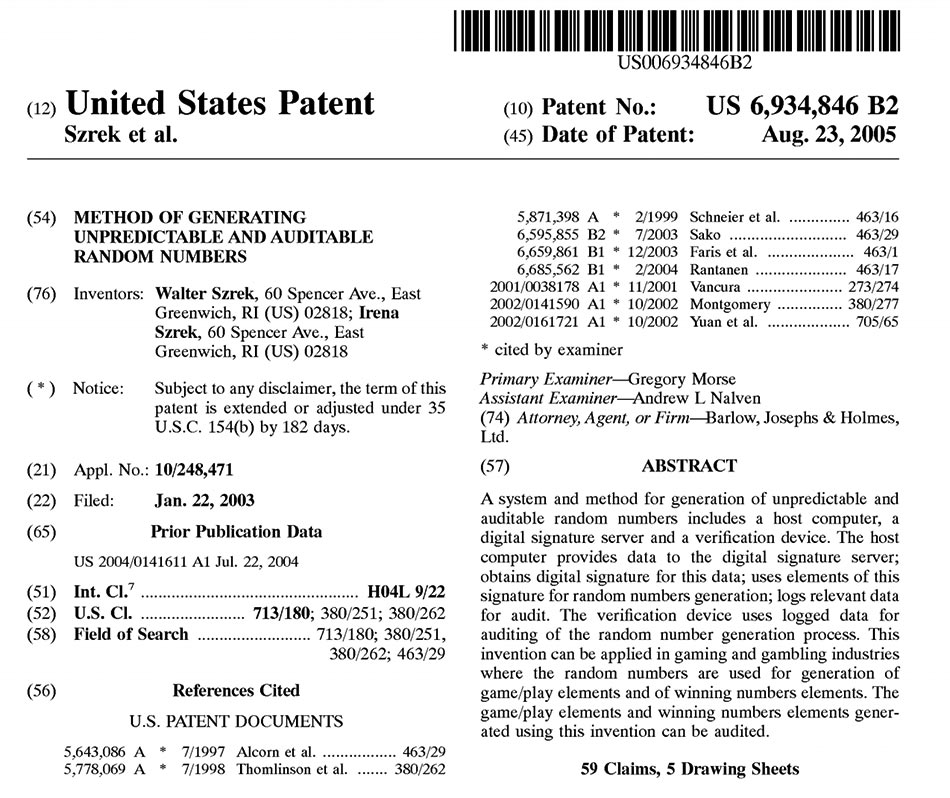Like Gaming Systems, Draw Systems Need Independent Verification
Most lotteries require Internal Control Systems (ICS) to independently verify transactions on the gaming system. Draw systems need independent verification systems as well...
 Most lotteries require ICS to independently verify all transactions on gaming systems. Similarly, lotteries are starting to use independent systems to verify all draws.
Most lotteries require ICS to independently verify all transactions on gaming systems. Similarly, lotteries are starting to use independent systems to verify all draws.
For gaming system verification, the ICS system needs to confirm the validity of all transactions. In order to do this, all transactions need to be protected before the draw: loaded to unalterable digital media or digitally signed, as done in some lotteries, or the hash of the bets is calculated before the draw, as in MUSL Rule 2.
Similarly, for draw system verification, an independent system needs to confirm the validity of the draw: that the winning numbers were generated correctly, with a properly functioning draw system, without any manipulation, and that the results were indeed random. This is obtained using the proof of integrity created by the draw system and verified by the audit system. Proof of integrity contains irrefutable evidence of the critical draw elements, including the winning numbers, the game matrix, the draw time, the draw hardware. When it is independently verified, the proof of integrity confirms draw integrity, and its immediate verification following each draw detects any potential problems with the draw system hardware, software, or operation.
We need to critically assess the information that is being independently verified: Does it constitute true proof of integrity?

Our industry currently does not have standards for draw systems requiring proof of integrity and its independent verification. This is alarming because many instances of faults and fraud have been identified over the last 10 years, and the draw system has been proven to be particularly vulnerable to hardware faults and insider fraud.
Without knowing if the bets on the gaming system occurred before or after a given draw, ICS systems cannot confirm that these transactions are valid. Similarly, the draw verification system needs a true proof of integrity which confirms the origin and integrity of the winning numbers to ensure that the draw was correct. Such evidence, both for gaming systems and draw systems, is imperative to guarantee that the players are participating in a fair game.
Here we discussed the importance of verifying the proof of integrity created by the draw system. As independent verification becomes more common, it is important that we critically assess what information is being independently verified (i.e. does it constitute true proof of integrity?): this information needs to be protected from all potential attacks and provide proof of the precise functioning of the draw system. In our article about proof of integrity, first published in NASPL Insights magazine, we discuss what is required to have true proof of integrity.










Repeated lottery draw outcomes szrek2solutions rng
[…] For more information about the importance of independent verification, see our blog “Like Gaming Systems, Draw Systems need independent verification”. […]